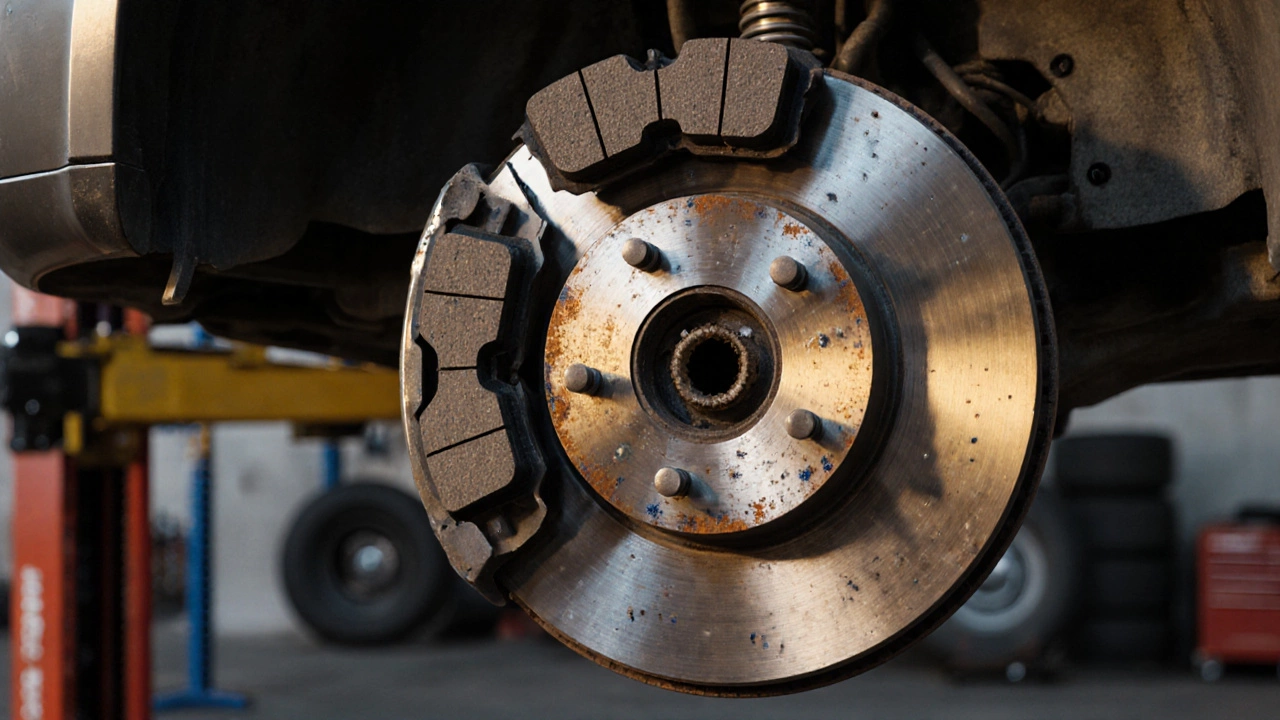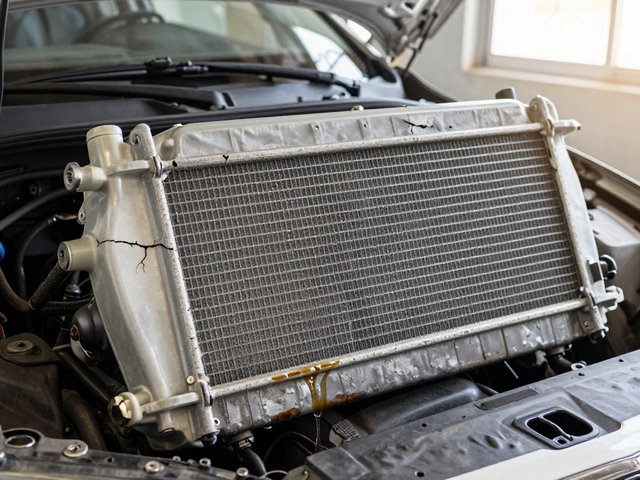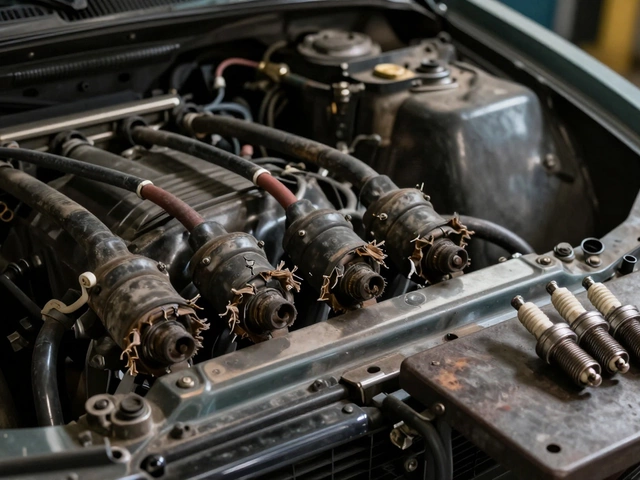Brake Rotor Cost: What You Really Pay and When to Replace Them
When your car starts making a grinding or squealing noise when you brake, it’s not just the pads wearing out—it could be your brake rotors, flat metal discs that work with brake pads to stop your vehicle. Also known as brake discs, these parts are critical for safety and often get overlooked until the damage is worse—and more expensive. Most people think replacing brake pads is enough, but if your rotors are warped, scored, or too thin, new pads won’t fix the problem. In fact, putting new pads on bad rotors can cause uneven wear, vibrations, and even brake failure.
So how much do brake rotors cost? It varies. In the UK, you’re looking at £80 to £200 per rotor for parts alone, depending on your car’s make and whether you go with budget, standard, or performance rotors. Labor adds another £60 to £150 per axle. But here’s the catch: sometimes you don’t need new rotors at all. If they’re still thick enough and smooth, a mechanic can resurface them—saving you up to half the cost. But if they’re worn past the minimum thickness mark (printed on the rotor itself), replacement is your only safe option. Skipping this can lead to longer stopping distances, which isn’t just costly—it’s dangerous.
Your brake pad replacement, the process of swapping out the friction material that presses against the rotors often goes hand-in-hand with rotor checks. Most shops will inspect the rotors during a pad change, but you should always ask for the measurement. Rotors wear down over time from heat and friction, and most manufacturers say they need replacing between 30,000 and 70,000 miles—but that’s not a rule. Aggressive driving, heavy loads, or frequent city braking can wear them out much faster. Signs like vibration in the steering wheel, a pulsing brake pedal, or a visible groove on the rotor surface mean it’s time to act.
And don’t confuse rotor wear with other brake issues. A squeak could just be dust or cheap pads. A deep grinding noise? That’s metal-on-metal—your rotors are likely ruined. If you’ve had the same rotors since you bought the car and it’s over 50,000 miles, it’s worth a look. You don’t need to replace them every time you change pads, but ignoring them when they’re bad is like putting new tires on a bent rim—it won’t end well.
At Stevenage Tyres & Car Services UK, we check your rotors every time you come in for brake work. We don’t upsell—we show you the measurements, explain the wear, and let you decide. Whether you need a simple pad swap or full rotor replacement, we give you honest advice and fair pricing. Below, you’ll find real guides from drivers who’ve been there: how to spot bad rotors, when you can skip replacing them, and what to expect in terms of cost and timing. No guesswork. Just clear, practical info to help you keep your car safe without paying more than you need to.



